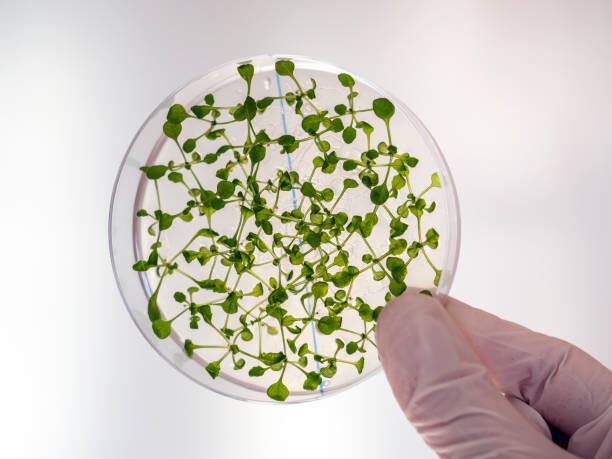Iowa State is home to the Seed Science Center, which strives to provide people everywhere with quality seeds
October 7, 2021
Iowa State is one of the nation’s leading institutions in agriculture and agronomy; thus, it is home to the world’s largest public seed testing facility.
Iowa State’s Seed Science center was founded in 1974; the building is designed to serve students, guests and faculty interested in seed science. It has many components, such as international programs to make quality seeds more accessible, curricular programs for undergraduate students, and seed testing labs for public use.
The international component is an impactful aspect of this program, according to the Co-Director of the National Seed Health System, Gary Munkvold.
“We have programs working in countries all over the world… Mainly designed to help strengthen their infrastructure for seeds in order to improve access to quality seeds for farmers,” Munkvold said. “So that’s one of the goals that we share with a lot of people who are involved in international development… 80 percent of farmers in developing countries don’t have access to quality seeds, they’re saving their own seeds and there are some advantages to that, but they’re not getting the crops that they could get.”
The seed quality is important in underdeveloped countries as it allows them to gain better crops and helps improve yield. The university sets up collaborative efforts with people and groups from other countries to gain knowledge on what types of projects they should embark on. These could include but are not limited to testing seeds, seed pathology, seed trade or even creating new seed testing facilities.
Along with these excellent programs, the Iowa Seed Science Center also offers a graduate program in Seed Technology and Business.
“This is an online graduate program, which you know, we were doing before COVID,” said Munkvold.
With this being online, it makes it simple for people with a bachelor’s to obtain a graduate degree while working full time. Life-long learners can use this program to add a sophisticated knowledge of seed science to their professional identities.
With this being online, it makes it simple for people with a bachelor’s to obtain a graduate degree while working full time. It’s a great program for lifelong learners to gain more experience within the area of seed science.
Iowa State also has programs to help accredit businesses working with seeds to do their own testing before shipping.
“One of the programs that we’re kind of proud of here, again it’s designed to help the industry operate more efficiently, is a program called National Seed Health system,” said Munkvold. “So we have a strange contradiction, we have a lab here and we test lab seeds for seed companies, but we also administer this program where they can become accredited to do their own testing and they can get their phyto-sanitary certification that way.”
Due to the unique quality of Iowa State University’s Seed Science Center, people come from across the globe to see what the center has to teach. Just this week, the center was visited by Amit Kumar, from the Consulate General of India.
“He’s a diplomat, who was from the Indian government… stationed at their consulate in Chicago and wanted to come and visit the Seed Science Center to talk to the people about opportunities to work together,” said Munkvold.







